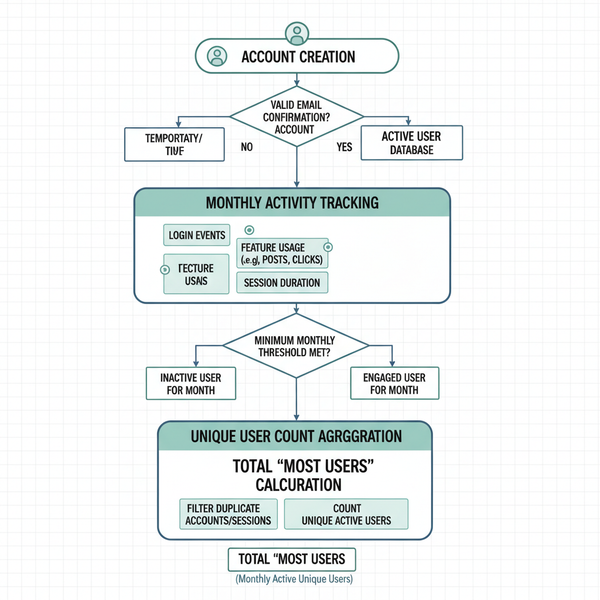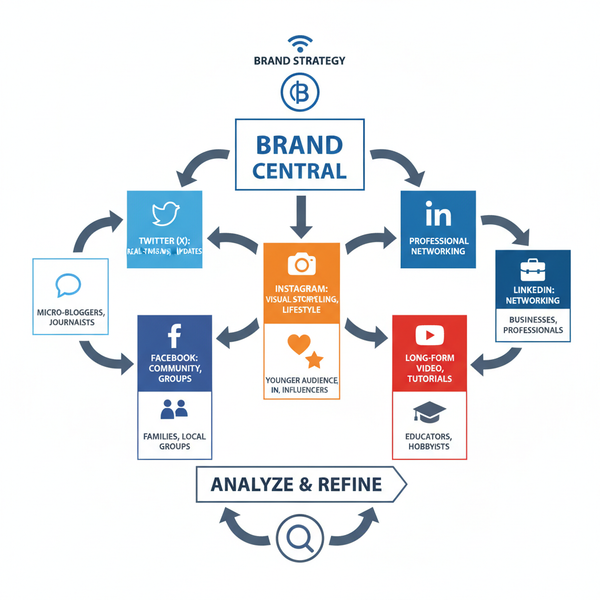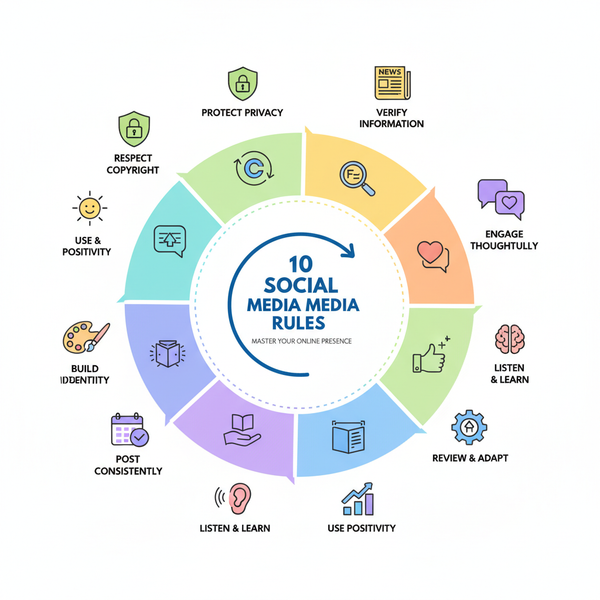Social Media Analytics Course for Data-Driven Marketing Skil
Learn how a social media analytics course can boost data-driven marketing skills, from KPI tracking to sentiment analysis and advanced reporting.
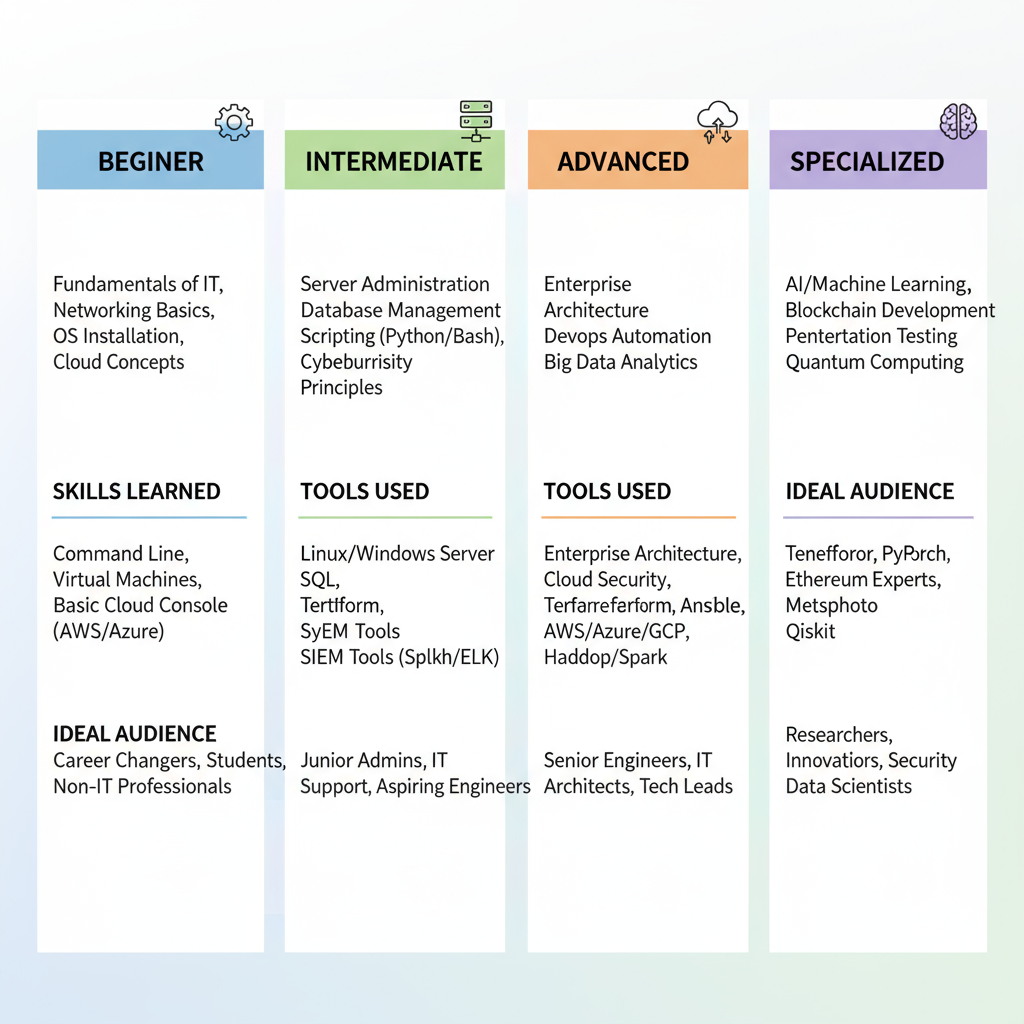
Introduction to Social Media Analytics and Its Importance for Marketers
In the modern marketing ecosystem, social media analytics has evolved from a supplementary skill to a cornerstone of strategic decision-making. Social platforms like Facebook, Instagram, LinkedIn, Twitter (X), and TikTok are not just engagement channels—they are vast reservoirs of actionable insights. By measuring, interpreting, and applying this data, marketers can refine campaigns, anticipate customer needs, and deliver tangible ROI.
Mastering analytics enables you to:
- Identify and replicate high-performing content
- Understand audience behavior and refine targeting
- Calculate true campaign ROI
- Spot emerging trends before competitors
In a crowded digital landscape, marketers who leverage analytics stand out as data-driven professionals, leaving guesswork behind.

---
What You Will Learn in a Social Media Analytics Course
A comprehensive social media analytics course blends theory, practical exercises, and tool mastery. While specific content may differ among training providers, most courses cover:
- Introduction to Metrics – Differentiate between impressions, reach, clicks, conversions, engagement rates, and shares.
- Data Collection Methods – Use APIs, manual exports, and third-party analytics tools to gather accurate data.
- Audience Segmentation – Segment audiences by demographic, psychographic, and behavioral patterns for targeted strategies.
- Campaign Performance Analysis – Measure progress against defined objectives to refine tactics.
- Advanced Techniques – Dive into sentiment analysis, predictive analytics, and competitor benchmarking.
---
Key Skills Gained: Data Collection, KPI Tracking, Sentiment Analysis, Reporting
Completing a structured training program equips you with in-demand, portable skills:
- Data Collection
- Learn to source reliable data from native platforms, APIs, and specialized tools, ensuring completeness and accuracy.
- KPI Tracking
- Define and monitor relevant Key Performance Indicators such as Cost Per Click (CPC), Conversion Rate, and Engagement Rate aligned with your goals.
- Sentiment Analysis
- Use NLP tools to assess customer sentiment from comments, reviews, and social chatter.
- Reporting & Visualization
- Build impactful dashboards and reports for stakeholders, enhancing data comprehension and actionability.
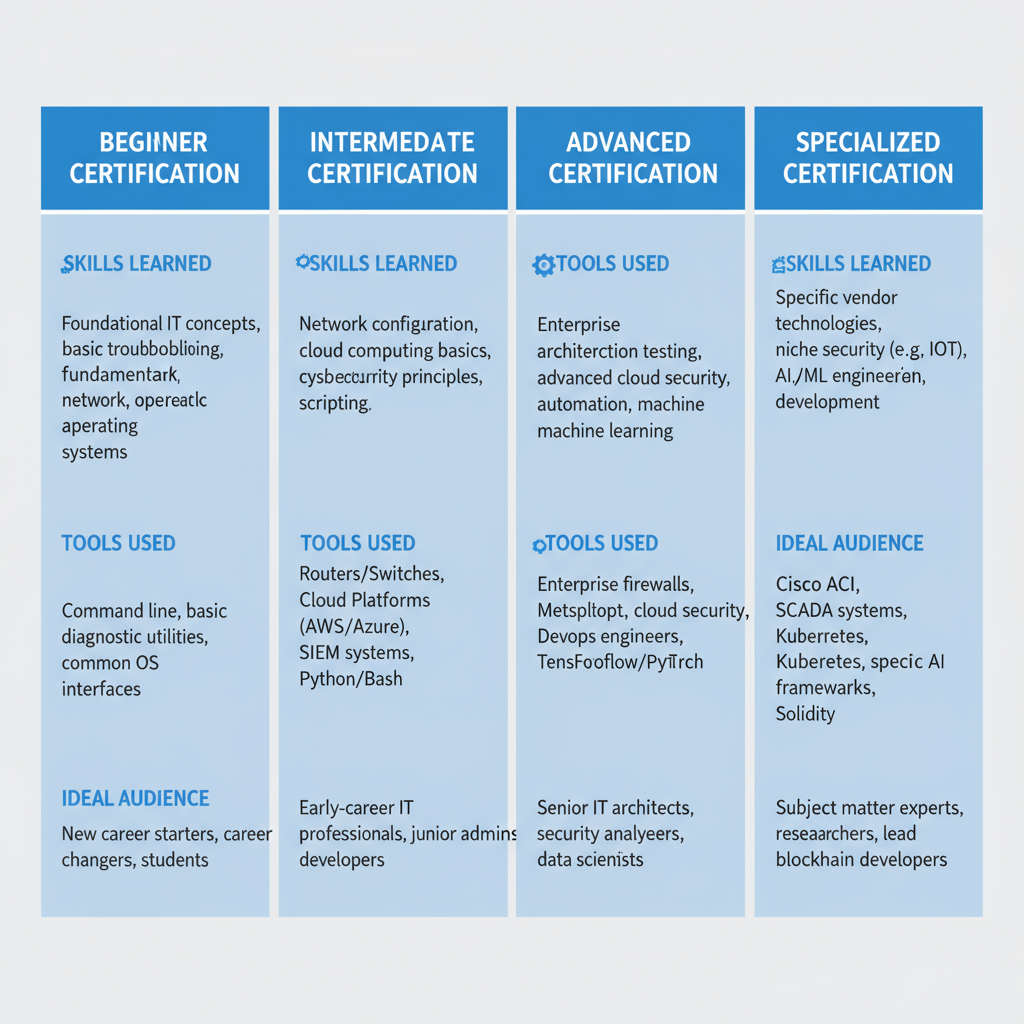
---
Types of Courses: Beginner, Intermediate, Advanced, and Specialized Certifications
Training programs come in various levels to suit different career stages:
| Course Level | Target Audience | Key Topics |
|---|---|---|
| Beginner | Marketing students, small business owners | Basic metrics, platform insights, manual reporting |
| Intermediate | Digital marketers with some analytics experience | Multi-platform analysis, KPI strategy, basic automation |
| Advanced | Data analysts, senior marketing professionals | Predictive analytics, AI tools, API integrations |
| Specialized Certifications | Professionals focusing on niche areas | Platform-specific training, influencer ROI, e-commerce analytics |
---
How to Choose the Right Course for Your Goals and Current Skill Level
Selecting the best course involves aligning training with your current abilities and ambitions:
- Assess Your Experience Level – Beginners should focus on foundational knowledge; seasoned marketers can pursue advanced analytics.
- Preferred Learning Format – Choose between self-paced online modules, interactive live classes, or in-person workshops.
- Career Objectives – Ensure the syllabus supports your desired role, whether in social media management, strategy, or analytics.
- Certification Recognition – Opt for programs offering industry-recognized credentials for career leverage.
- Budget & Time Constraints – Match your investment to course depth and duration.
Always review sample modules, testimonials, and independent reviews before enrolling.
---
Popular Tools Covered in Courses
Effective analytics depends on tool fluency. Many reputable programs offer practical sessions on:
- Google Analytics 4 (GA4) – Track campaign-driven traffic, user behavior, and conversion paths.
- Hootsuite Analytics – Manage and analyze cross-platform performance from a unified dashboard.
- Sprout Social – Generate advanced reports with customizable metrics.
- Native Insights – Use built-in analytics like Facebook Insights and Twitter Analytics for platform-specific data.
Hands-on practice ensures you can apply classroom knowledge seamlessly in professional settings.
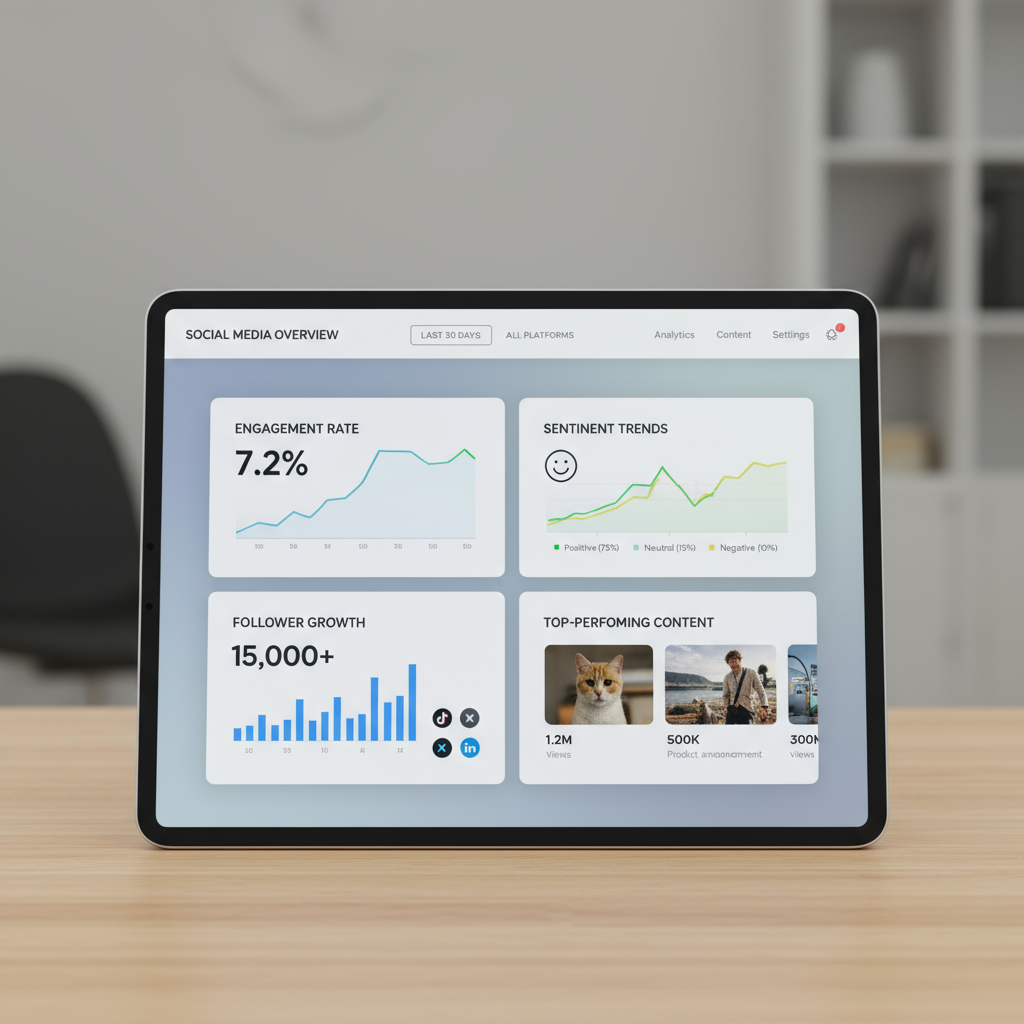
---
Career Opportunities and Roles for Social Media Analytics Experts
Data-literacy in marketing opens the door to a range of high-demand positions, such as:
- Social Media Analyst – Monitors social KPIs and provides actionable recommendations.
- Digital Marketing Strategist – Shapes multi-channel strategies grounded in metric insights.
- Content Performance Manager – Optimizes content strategy based on data-driven patterns.
- Brand Monitoring Specialist – Tracks sentiment and brand perception across channels.
- Data-Driven Campaign Manager – Manages campaigns with continuous metric-based adjustments.
Employers across e-commerce, SaaS, media, and NGOs are actively seeking these skill sets.
---
Tips for Making the Most of Your Social Media Analytics Training
Maximize course ROI by:
- Applying Techniques Immediately – Test on active campaigns to reinforce learning.
- Networking with Peers – Share insights and collaborate on practical challenges.
- Tracking Platform Updates – Maintain awareness of new metrics and tool features.
- Building a Portfolio – Document analytical dashboards and reports for job applications.
- Engaging in Q&A – Seek clarity through instructor and peer discussions.
---
Real-World Case Studies and Success Stories from Course Graduates
Structured training yields measurable results, as these cases demonstrate:
- Startup Revenue Increase
- An e-commerce startup leveraged learned KPI tracking to boost sales by 35% in 90 days.
- Non-Profit Engagement Surge
- A charitable organization refined messaging via sentiment analysis, achieving 50% higher engagement on Instagram.
- Agency Efficiency Gain
- A marketing agency automated analytics reporting, cutting preparation time by 60% after integrating API-based tools.
Such outcomes underscore the transformational value of targeted learning.
---
Conclusion and Next Steps: Starting Your Social Media Analytics Education Journey
Pursuing a social media analytics course is a strategic move toward becoming an indispensable, data-driven marketing professional. The ability to collect, interpret, and act on social data elevates your decision-making and positions you ahead of non-analytic competitors.
To get started:
- Evaluate Your Current Proficiency – Match your skill level to the right course tier.
- Research Providers – Focus on those with strong industry reputations and relevant curricula.
- Set Clear Learning Goals – Balance technical, analytical, and strategic objectives.
- Commit to Practice – Allocate consistent time for hands-on application.
By taking these steps, you can transition from content-focused marketing to evidence-based strategy, delivering repeatable, measurable success.
If you’re ready to future-proof your career, start with an introductory program and progress to advanced certifications. The insights are out there—now is the time to unlock their potential.

